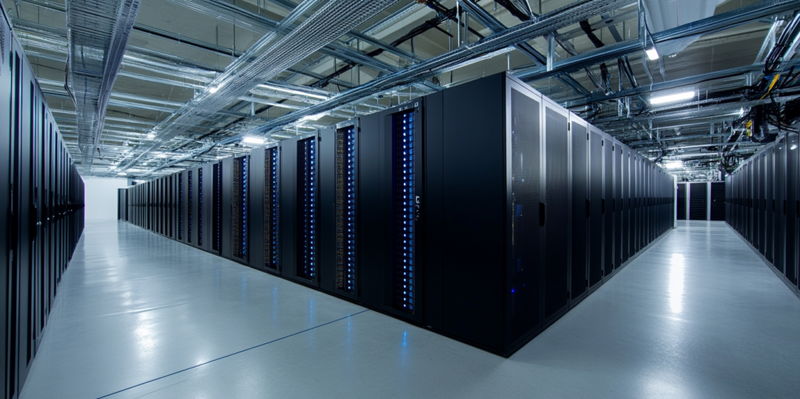SK Telecom, under the visionary leadership of CEO Ryu Young-sang, is gearing up to transform South Korea into the leading AI data center hub in the Asia-Pacific region. Introducing the ambitious “AI infrastructure superhighway” concept, the company aims to unify AI data centers, graphic processing units as a service (GPUaaS), and edge AI. This comprehensive plan includes building a hyperscale AI data center in South Korea, with an initial capacity exceeding 100 megawatts and an eventual target set at gigawatt levels. As part of this initiative, a testbed facility equipped with Nvidia’s newest chips will be established in Pangyo. Additionally, SK Telecom is planning to convert its existing data center in western Seoul into an AI-optimized center that will provide GPUaaS in conjunction with Lambda.
Expanding AI Capabilities and Market Impact
Further backing its vision, SK Telecom has committed to investing 100 billion won, approximately $72.9 million, for the development of AI solutions tailored specifically for the Korean market. The integration of AI and telecommunications is at the forefront of this effort, with a particular focus on advancing edge AI technology that will be pivotal for the evolution of sixth-generation networks. This comprehensive strategy is designed not just to enhance South Korea’s status in the field of AI but to launch it into the top three AI leaders globally. By investing in and developing a robust AI infrastructure, SK Telecom is not only aiming for a technological leap but also making significant strides toward establishing a comprehensive AI ecosystem. The company’s dedication to these advancements is a testament to its commitment to a future where South Korea stands as a global beacon of AI innovation.

